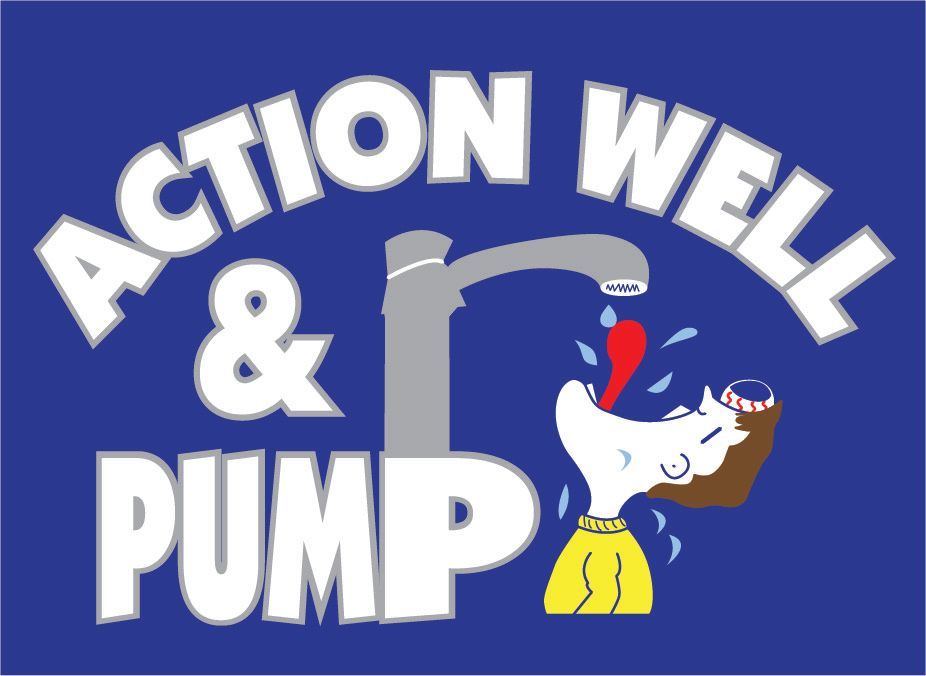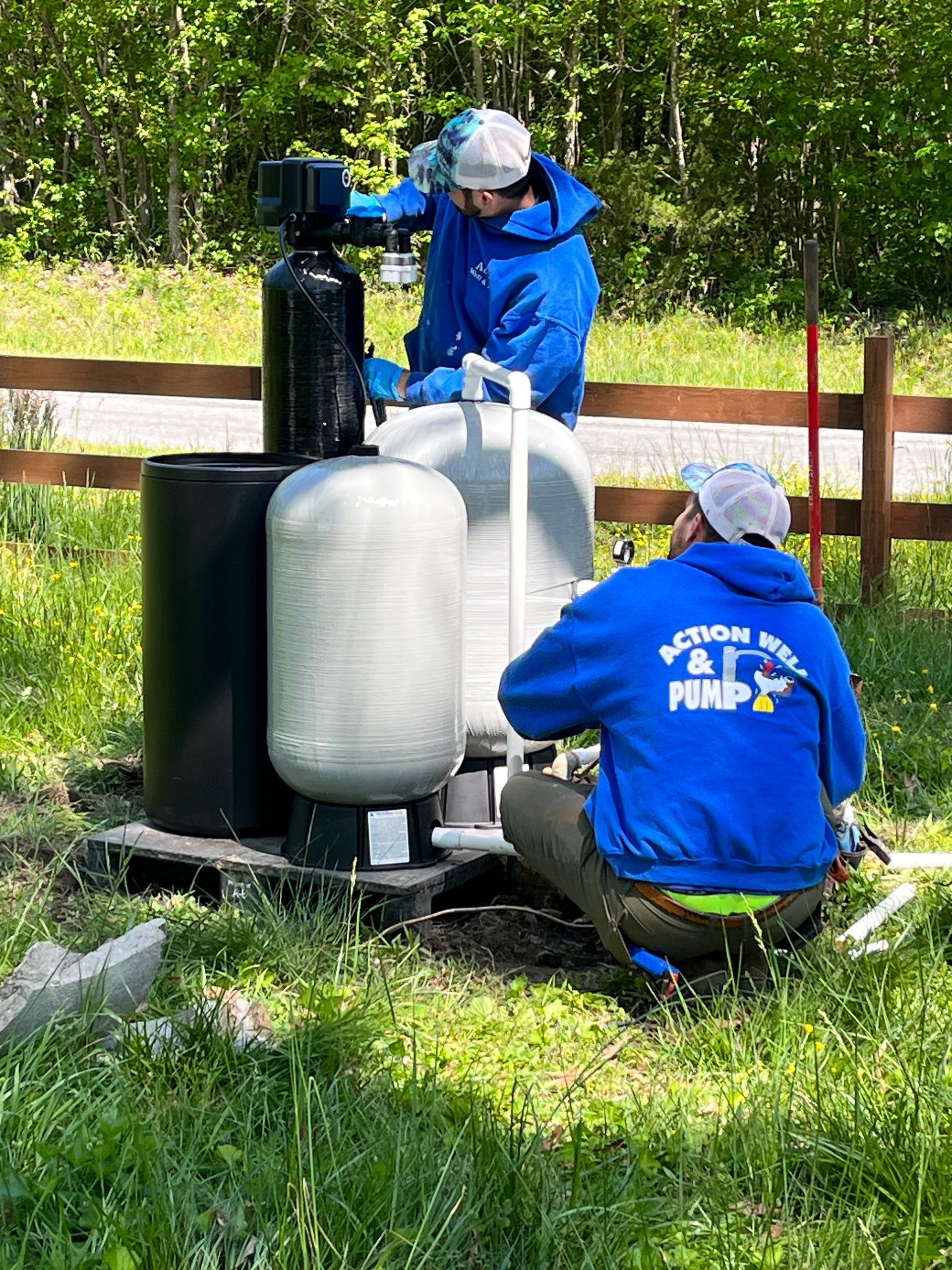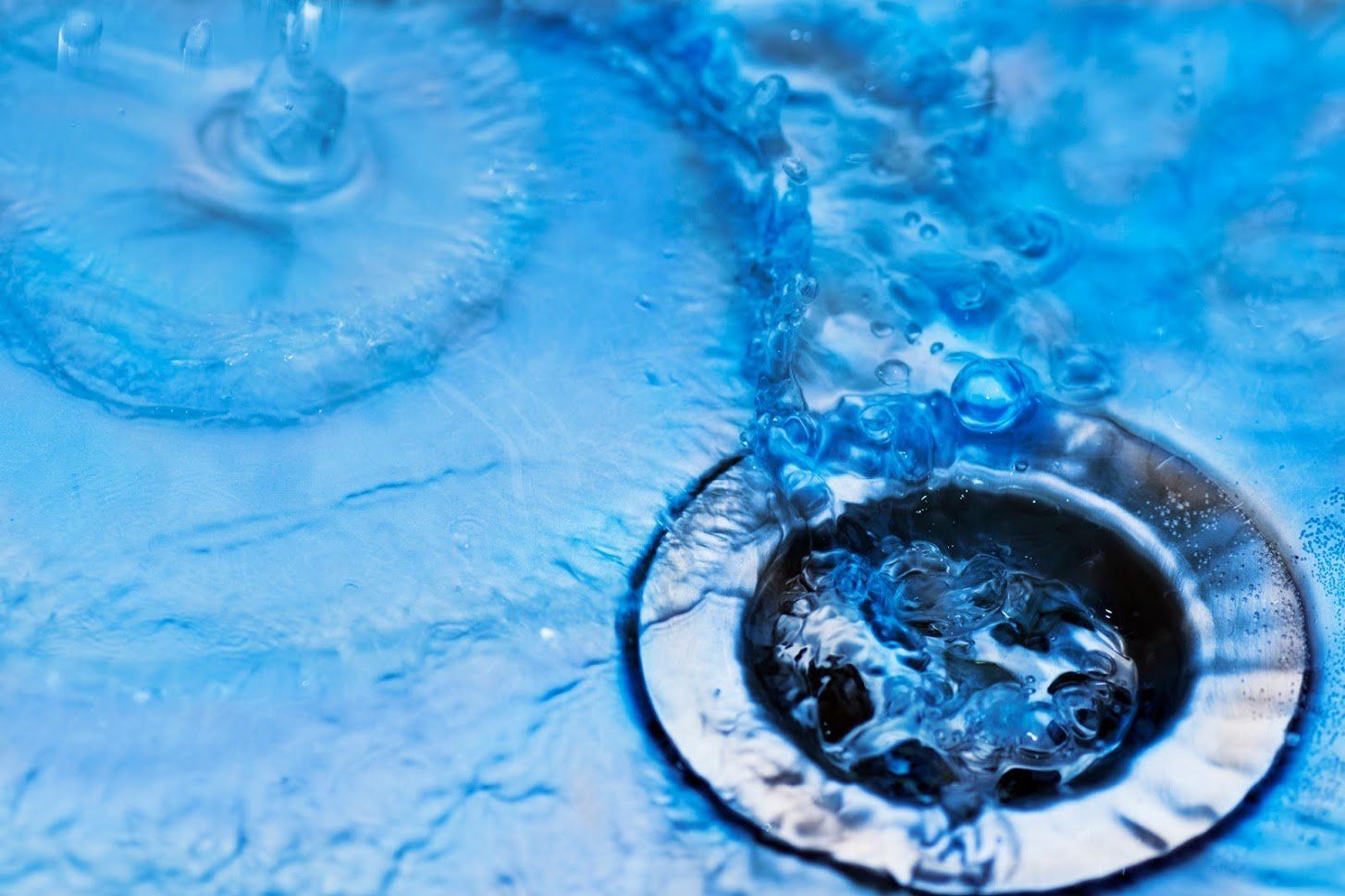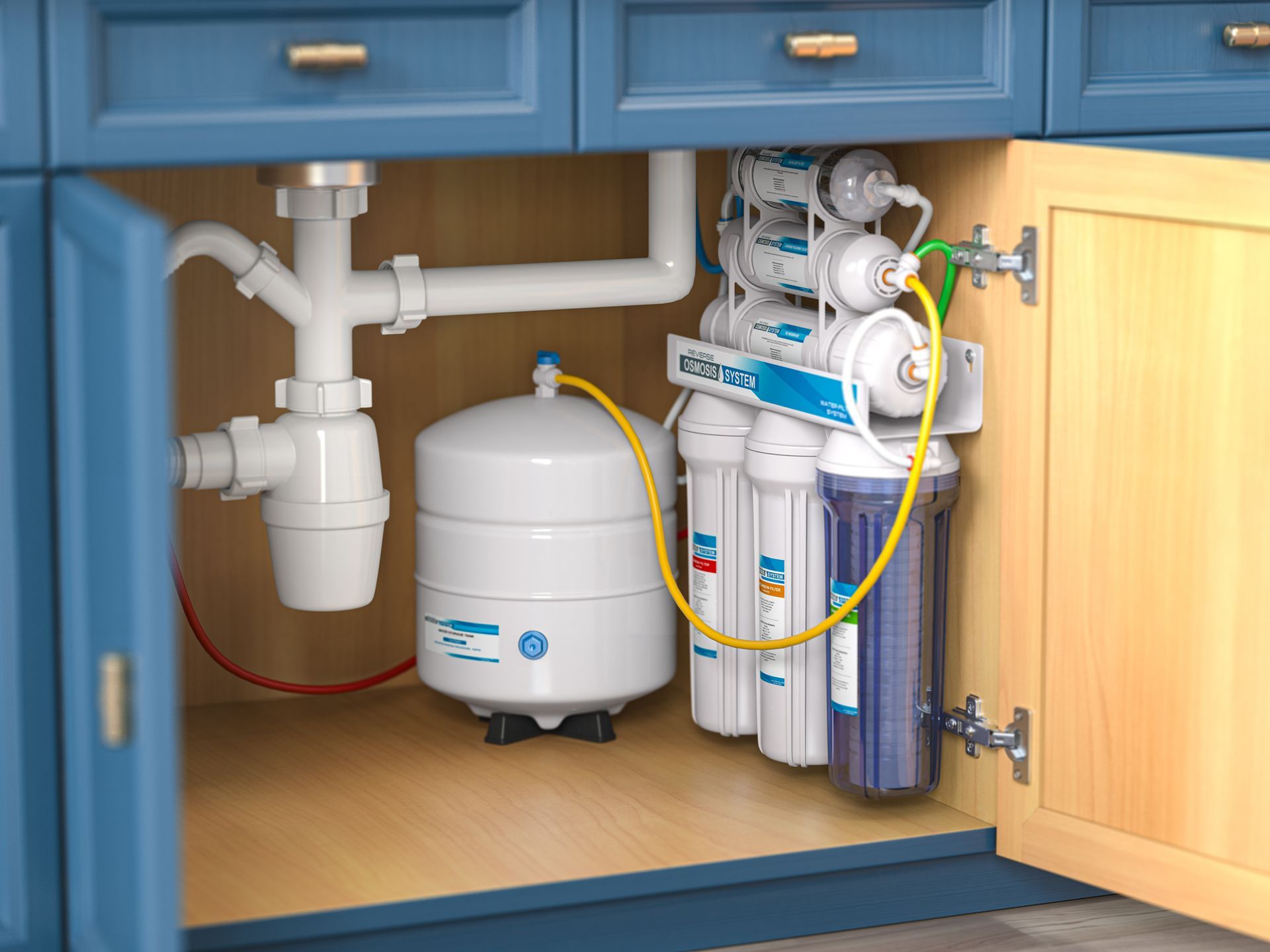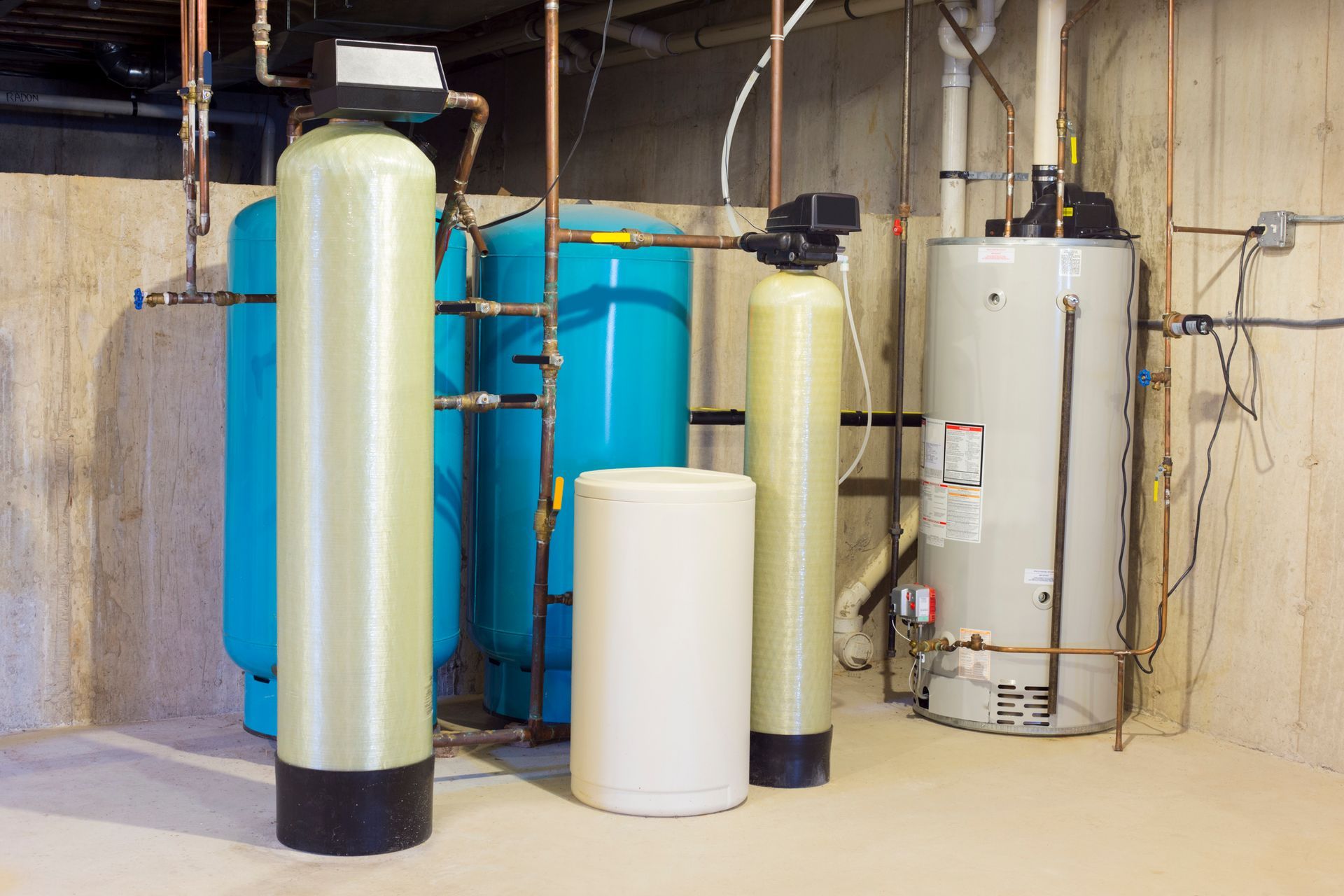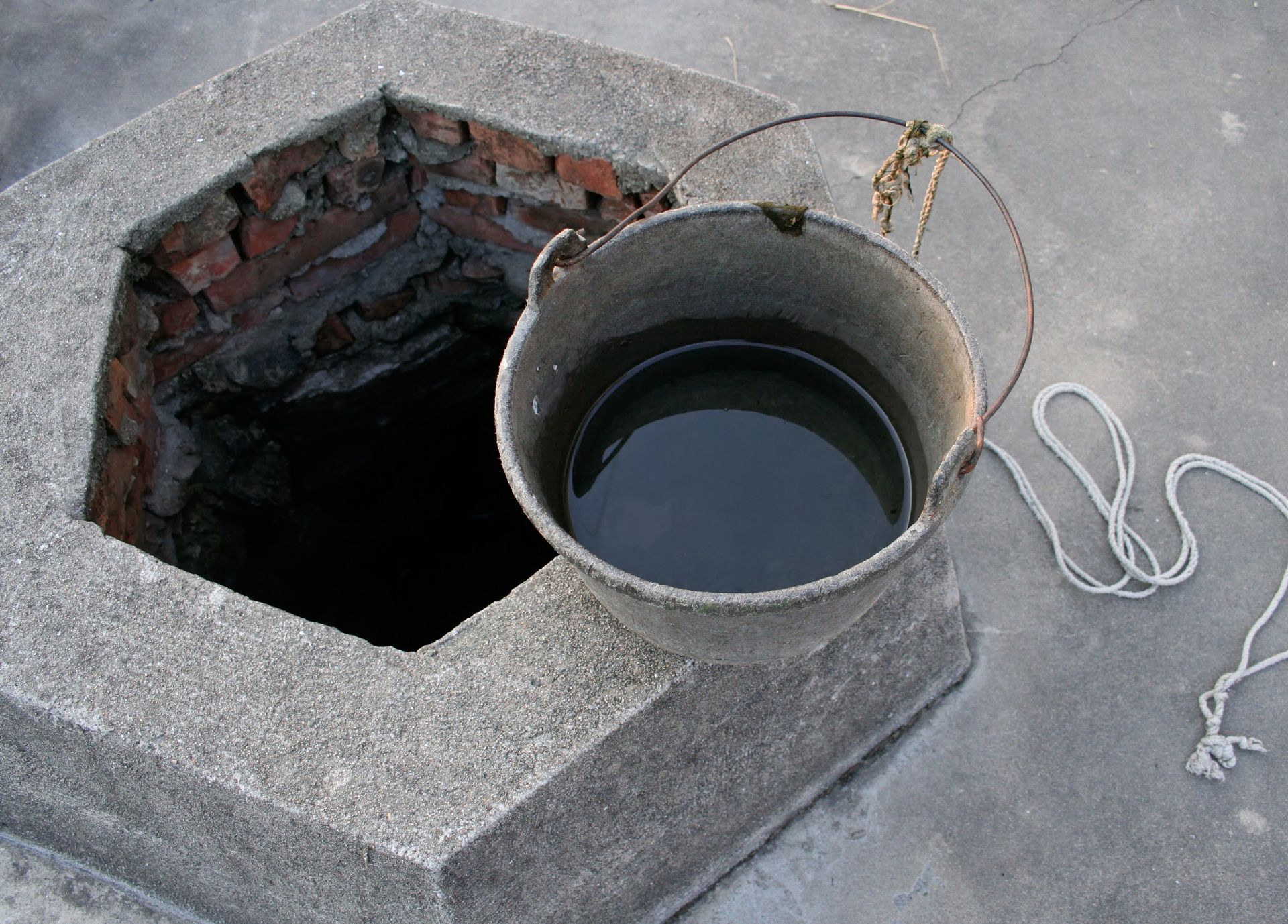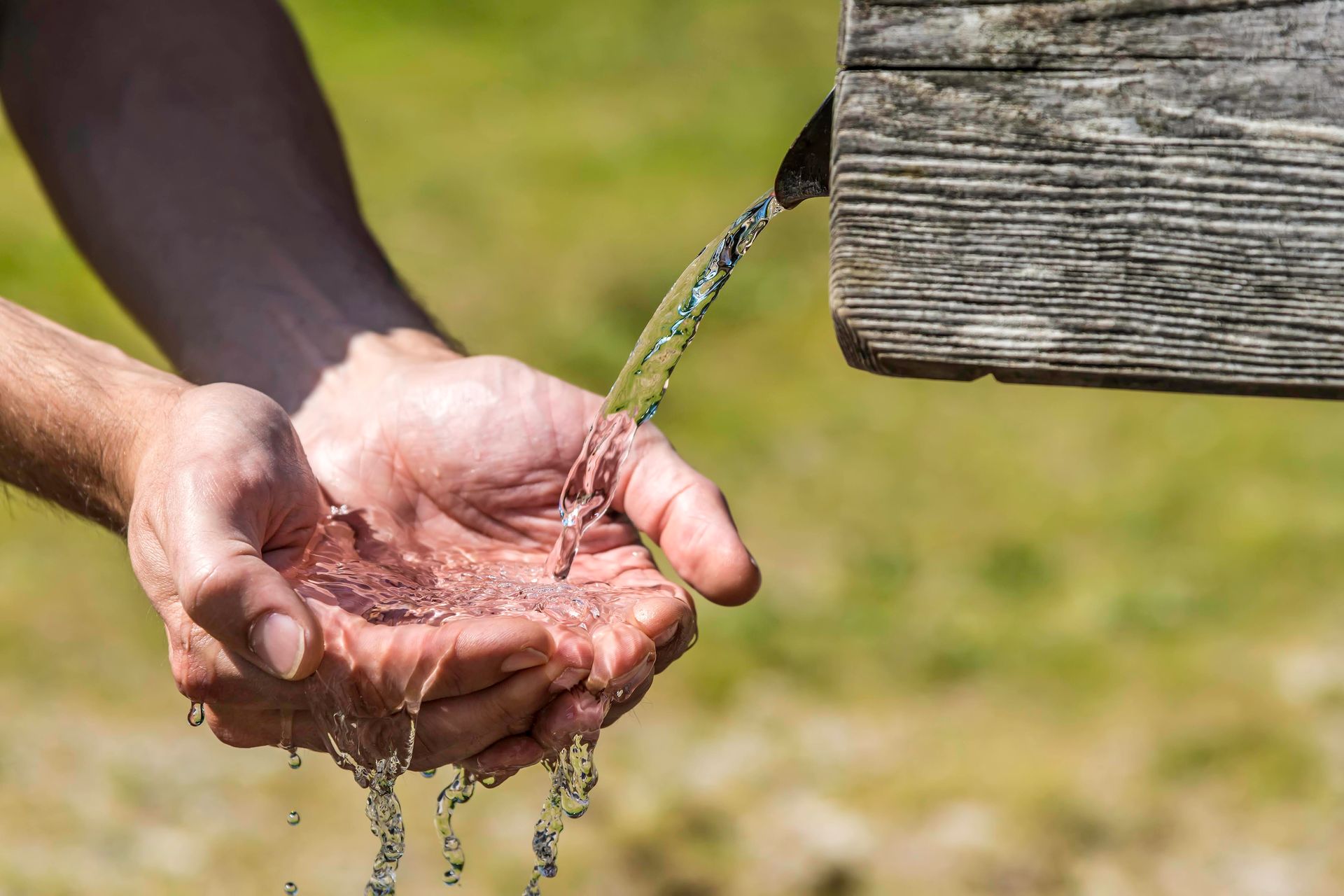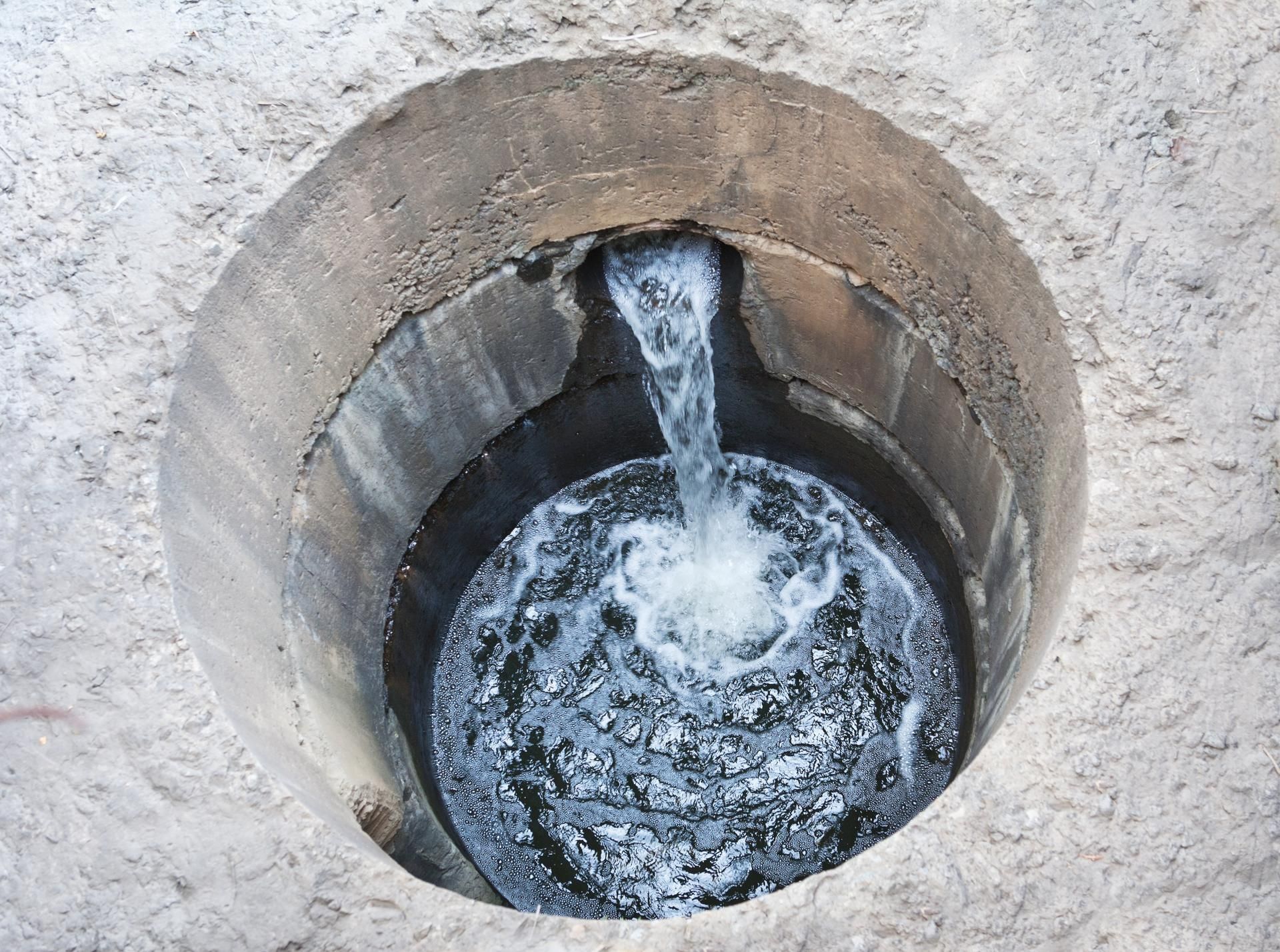4 Possible Sources for Rust-Colored Water If You Have a Private Well
Whether you’ve had it since you moved in or whether it showed up out of the blue, rust-colored water can be puzzling. And you should likely find the underlying cause of it, because some of the causes for this water discoloration can be a health risk. Here are four possible ways this discoloration can get into your water if you have a private well.
1. Corroded Pipes
Many people in the US are at risk for pipe corrosion, and some don't even know it. No matter how new and well-maintained your well is, the pipes that connect it to your house could still impact your water supply. Well water factors, pipe factors, and environmental factors (such as temperature) can affect how likely corrosion is.
If your water is soft, for example, or if its pH is lower than 7 (meaning it's acidic), the water is more likely to corrode your pipes by pulling metals out of them. However, if you have plastic pipes, the water may still try to leach the material out, but is unlikely to cause rust-colored water.
If the pipes are your problem, you don’t need to panic. But while rust is one of the less dangerous types of contaminants to get into your water, it is not something you should ignore. It can help your water harbor bacteria, and if the rust comes from galvanized pipes, you could have lead in your water as well. Plus, rusting pipes will eventually leak.
2. Rusted Well Casing
The inside of your well casing is likely a bit rusted if it's made of steel (rather than plastic) and the well is more than a few years old. This doesn't necessarily mean that the well casing is completely done and needs replacing. However, if you have a problem with rust and suspect the casing, you should have a well inspection just to make sure.
3. Naturally Occurring Iron
If you've recently moved into your home, you may not have been aware that iron is in your well water because of the naturally occurring iron in the soil. If the orange tinge is very slight, for example, you might not notice it until you try to take a bath.
More iron could start showing up in your well water over time, too, especially in drought conditions. That's because, in a drought, your well's aquifer could run low on water and could start pulling water from a nearby aquifer. Fortunately, a little iron in the groundwater is usually just an inconvenience.
One caveat is that manganese can also cause a rusty-looking effect in your well water and may be slightly more serious than iron as the manganese could be a health risk if present in extremely high levels. So if you haven't already tested your well water, do so now. If necessary, you can simply filter your drinking water to remove some or all of the manganese.
4. Compromised Well Cap
This final issue can be a huge health risk. If you notice that the water has turned cloudy and reddish-brown after a rainfall, you could have a contamination issue. The contamination could come from a nearby septic system, or it could come from above ground through a compromised well cap.
The well cap should keep this from happening, so if contamination has gotten in, then you'll definitely need well repairs. If you suspect this is the issue, do not drink any of your well water until you've inspected and repaired your well and tested your water for problems. Chemicals, pathogens, and other potentially deadly contaminants could be present.
These are just a few of the reasons your private well water could come out of your faucets with a rusty-looking discoloration. If you've recently noticed an off color to your water (or any other issues such as an odd flavor or smell), stop drinking it and get in touch with a well repair contractor such as Action Well and Pump today.
